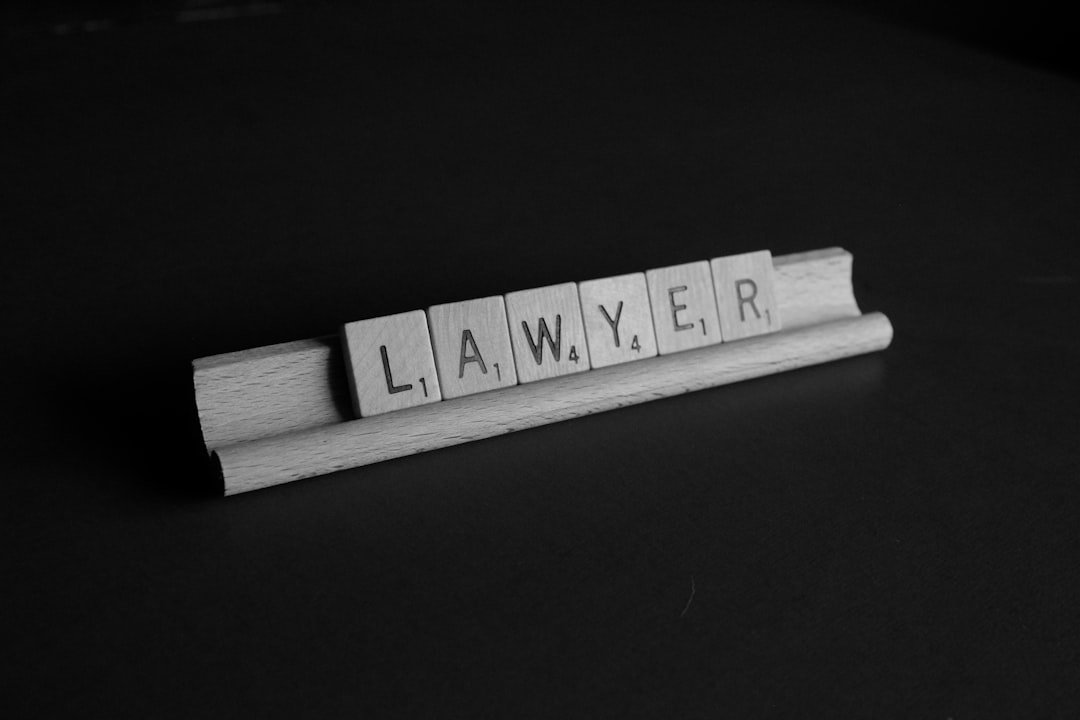New York's Call Protection Laws, led by the Telephone Consumer Protection Act (TCPA) and enforced by the Public Service Commission (PSC), aim to stop spam calls and fraudulent phone marketing. To effectively combat spam calls, register for the National Do Not Call Registry, use call-blocking apps or features, and be cautious about sharing contact details. For persistent or illegal spam, consult a reputable spam call law firm or lawyer specializing in TCPA cases to explore legal options including damages and court representation.
In today’s digital age, unwanted spam calls have become a ubiquitous nuisance in New York. The state has implemented robust call protection laws, but understanding and navigating these regulations can be complex. This article delves into the crucial role of the New York Public Service Commission (PSC) in combating spam calls, offering practical strategies for individuals to protect themselves, and highlighting the importance of consulting with a specialized spam call law firm or spam call lawyer in New York for legal recourse under the Telephone Consumer Protection Act (TCPA).
Understanding New York's Call Protection Laws
New York’s Call Protection Laws are designed to safeguard residents from unwanted and fraudulent phone calls, particularly spam calls. The state has implemented strict regulations to combat this growing issue, offering residents various options to protect themselves. Understanding these laws is crucial for anyone seeking to stop spam calls in New York. One of the primary pieces of legislation is the Telephone Consumer Protection Act (TCPA), which restricts certain practices related to automated phone calls and text messages.
If you’re looking for a lawyer to help navigate this process, reputable spam call law firms and lawyers specializing in TCPA cases in New York can provide guidance. These legal professionals can assist with filing complaints, negotiating settlements, or representing you in court if necessary. By familiarizing yourself with your rights under these laws, you can take proactive steps to stop spam calls effectively.
The Role of the Public Service Commission in Spam Call Prevention
The New York Public Service Commission (PSC) plays a crucial role in combating spam calls and protecting consumers. With the ever-evolving landscape of telecommunications, the PSC has implemented various measures to safeguard residents from unwanted and fraudulent call activities. One of its key responsibilities is enforcing the Telephone Consumer Protection Act (TCPA), a federal law designed to stop intrusive telemarketing practices.
By working in conjunction with telecom carriers and law firms specializing in spam call cases, such as those in New York, the PSC helps establish guidelines and regulations to curb spam calls. These efforts include educating consumers on how to stop spam calls, developing robust complaint mechanisms, and supporting investigations into violators of the TCPA. Through these initiatives, the PSC ensures that residents of New York can enjoy peace of mind while making and receiving calls without the burden of intrusive or illegal spam advertisements.
How Individuals Can Combat Spam Calls in New York
In New York, individuals can combat spam calls by familiarizing themselves with state laws designed to protect them from unwanted telemarketing and robocalls. The first step is to register for the National Do Not Call Registry. This federal program allows you to opt-out of marketing calls, though it doesn’t stop all spam. In New York, there are also specific regulations in place to curb spam calls, including restrictions on automated or prerecorded calls without prior consent.
For those dealing with persistent or illegal spam calls, consulting a spam call law firm or spam call lawyers in New York who specialize in Telephone Consumer Protection Act (TCPA) cases can be beneficial. These legal professionals can educate you on your rights, help navigate the regulatory landscape, and take appropriate action to stop the calls, including seeking damages if applicable.
Legal Options: Finding a Spam Call Lawyer in New York
When facing a barrage of spam calls in New York, knowing your legal options is crucial. If these unwanted calls violate the Telephone Consumer Protection Act (TCPA), there are ways to take action and hold perpetrators accountable. One step towards stopping spam calls involves seeking professional legal counsel from a reputable spam call law firm or lawyer for TCPA in New York. These experts specialize in navigating the complexities of the TCPA and can help you understand your rights.
Engaging a spam call lawyer in New York is a strategic move to protect yourself and recover any financial losses incurred due to these calls. They can guide you through potential legal avenues, including filing a complaint with the New York Public Service Commission (PSC) or pursuing litigation against the culprits. With their assistance, you can explore options like blocking future calls, securing damages for harassment, and ensuring your privacy is respected in the digital realm.
Effective Strategies to Stop Unwanted Telephone Marketing Calls
To effectively stop unwanted telephone marketing calls, known as spam calls, individuals in New York can employ several strategies. One key approach is to register for the National Do Not Call Registry, a federal list that prohibits telemarketers from calling registered numbers. Residents of New York can also install specialized apps designed to block spam calls or utilize call-blocking features offered by their phone service providers.
Additionally, consumers should be cautious when sharing their phone numbers and consider limiting the dissemination of personal contact details. If already facing a barrage of unwanted calls, consulting with a spam call law firm in New York or hiring a lawyer specializing in TCPA (Telephone Consumer Protection Act) litigation can provide legal recourse. These professionals help navigate the complexities of the Spam Call law firms New York and ensure individuals receive protection under relevant state and federal regulations.






